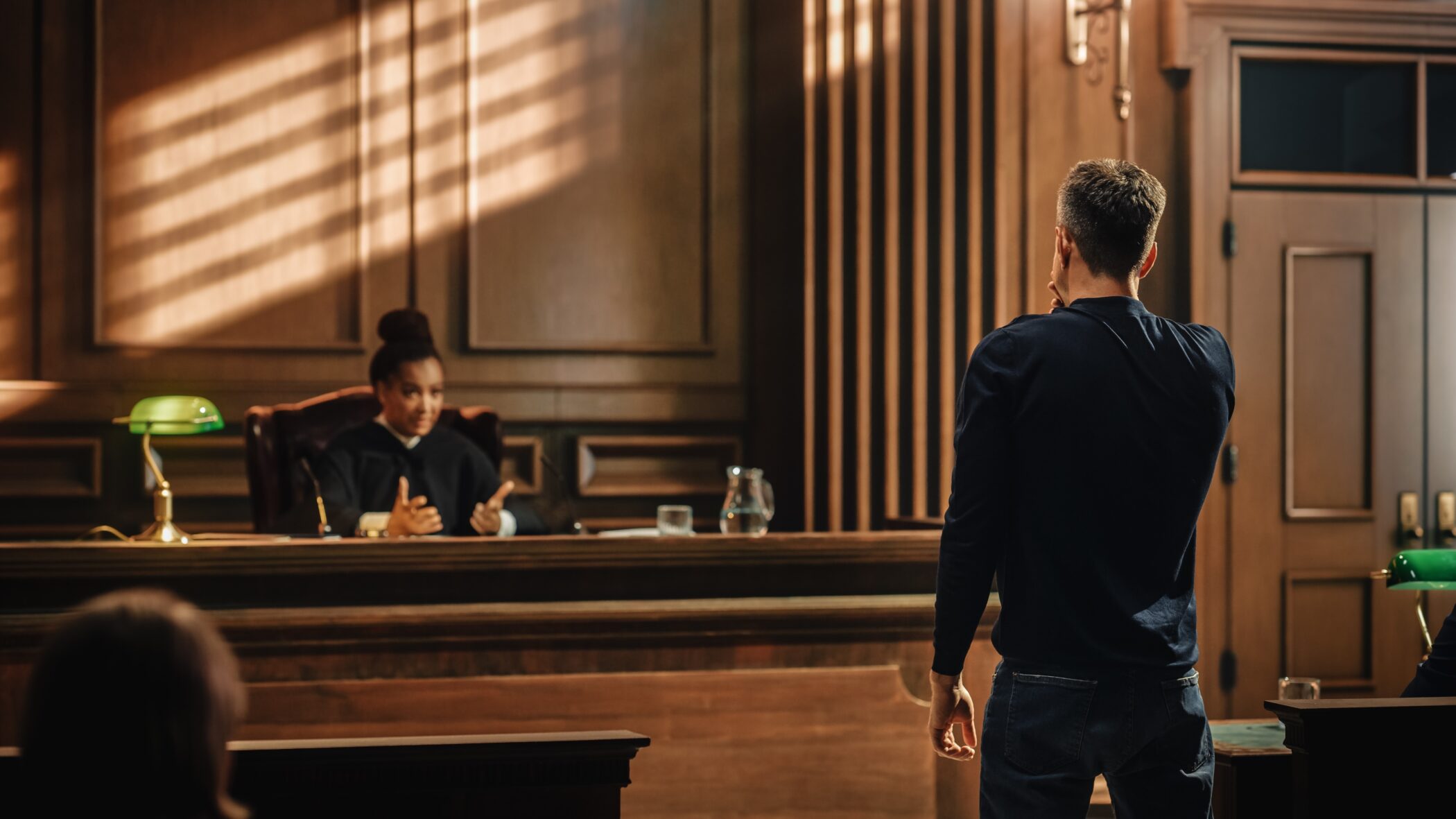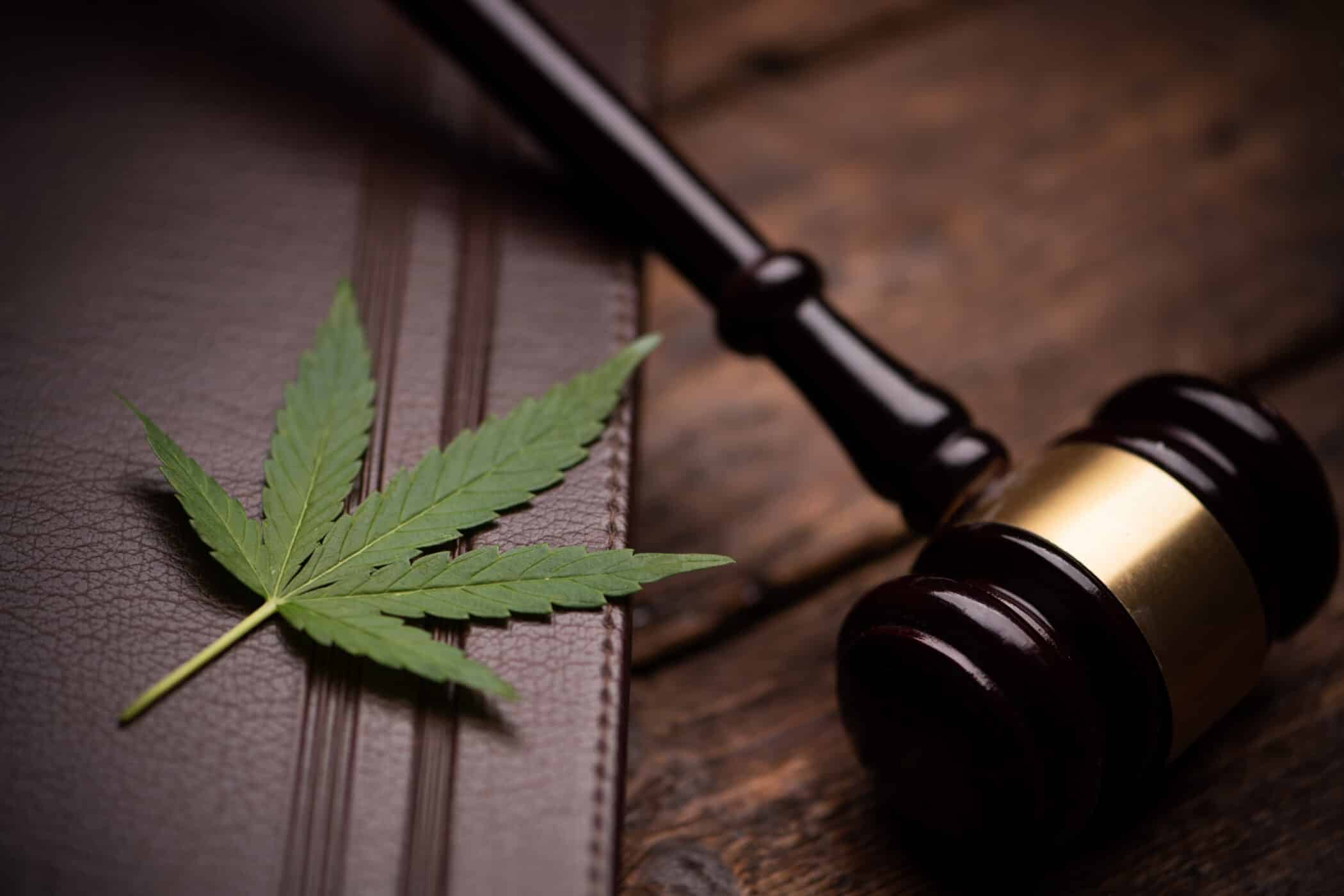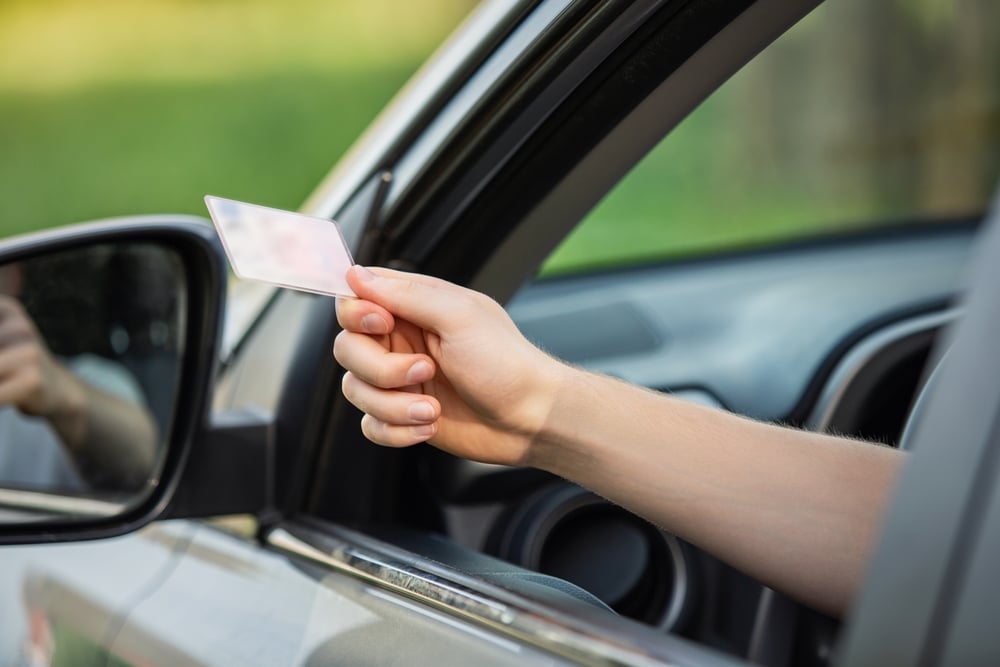Violating the terms of your probation is a crime. Even if it’s the first violation, judges can impose significant penalties and make life more difficult for you during an already trying season.
Probation violations are common and can carry serious consequences if not handled properly.
Fortunately Michael & Associates has developed a unique approach to beating probation violations, with an extremely high success rate. In fact, probation violations are one of the most common things people come to us for. To learn about approach, get a free case review.
Probation Violations Explained
A probation violation occurs when an individual breaks any of the conditions of their probation. The consequences of this crime can include additional fines, community service, an extended probationary period, rehabilitation and possible jail time. Probation is a legal privilege with a range of conditions that need to be followed precisely. Some of these conditions include:
- Obey all laws
- Not commit any new crimes
- Report regularly to a probation officer
- Abstain from drug and alcohol use
- Attend addiction recovery meetings
- See a counselor regularly
- Perform community service
- Pay fines and restitution
- Abide by a curfew
- Remain within a designated travel zone
- Avoid contact or association with criminals
- Maintain regular employment or pursue work if currently unemployed
- Avoid carrying firearms
Probation Violation in the Texas Penal Code
According to the Texas Penal Code, probation, or “Community Supervision” means the placement of a defendant by a court under a continuum of programs and sanctions, with conditions imposed by the court for a specified period. Additionally, one of the following conditions apply:
- Criminal proceedings are deferred without an adjudication of guilt; or
- a sentence of imprisonment or confinement, imprisonment and fine, or confinement and fine, is probated and the imposition of sentence is suspended in whole or in part.
In simple terms, this means that the court’s judgment is delayed for a specified period of time or a sentence involving fines, imprisonment or other confinement is suspended and replaced by the requirements and responsibilities of an individual’s probation.
Probation Violation Types
All probation violations fall under one of two categories, technical or substantive violations. A technical violation occurs when one fails to meet a specific condition of their probation, such as community service or drug testing. Technical violations don’t involve new crimes, only a failure to meet the commitments of one’s probation agreement.
Substantive violations involve new crimes or arrests, separate from the earlier offense. These crimes not only carry the burden of new criminal proceedings and their own penalties but can subsequently increase the penalties of the initial crime.
Penalties can be harsh for probation violators, and worsen the individual’s permanent criminal record. These penalties intensify with repeat violations. In addition to incurring penalties such as increased fines, community service and even revocation, violations can lead to collateral consequences that affect one’s employment and income, one’s ability to travel and vote, and even a person’s parental rights.

Protecting Your Rights After a Probation Violation
Even though violating probation carries serious consequences, violators still have rights under the law. The most important rights include:
- The ability to enter a plea in response to the violation
- A hearing where the accused can present evidence in defense of their violation
- Legal representation
One of the many reasons why hiring an experienced probation violation attorney is so important, is that the burden of proof is lower during a motion to revoke. A prosecutor need only prove by a preponderance of the evidence that the violation occurred. The state doesn’t require the prosecutor to prove the violation beyond a reasonable doubt.
Lawyers know how to navigate this difficult legal terrain and will do everything they can to reduce the potential consequences. Without representation, odds are against the accused when it comes to receiving any form of leniency from the judge.
Common Probation Violation Examples
Those serving their time under community supervision (probation) are required to meet every rule of their probation without fail. The terms of probation are legal requirements for fulfilling one’s sentence. There exists innumerable possibilities for violation, each one carrying the potential for a variety of consequences. Some examples of probation violations include:
Technical Violations
Failure to meet certain stated requirements of one’s probation
- Missing court appearances
- Failing to maintain or to seek employment
- Missing counseling sessions
- Skipping out on addiction recovery meetings
- Traveling outside of a specified area
- Failure to contact one’s probation officer
- Failure to pay fines or restitution
- Incomplete community service
- Unapproved associations with felons
- Failing drug and alcohol tests
Substantive Violations
Substantive violations include any crimes committed during one’s probation term. Additionally, even new arrests on their own, constitute a substantive violation.
Penalties for Probation Violation in Texas
The punishments for probation violations in Texas depend on the type of probation involved, straight probation or deferred adjudication.
Straight Probation (occurs post-conviction of the crime) – With this violation, the probationer will be sentenced to serve the balance of the punishment in their original plea, which may include the entire sentence.
Deferred Adjudication (occurs pre-conviction or in lieu of conviction) – Individuals may face the maximum penalty under the statute.
First-time technical violations can, but are less likely to, incur jail time or revocation. However, the judge retains full discretion over penalties. Violations related to felony charges are more likely to result in jail time than they are for misdemeanors. Consequences for common technical probation violations include the following:
- A warning
- Probation extension
- Additional community service
- Additional limitations on travel, curfew or other freedoms
- Increased counseling or rehabilitation commitments
- Fines
- Use an Ignition Interlock Device
- Jail time
For more serious violations involving new criminal activity, penalties may include:
- Fines
- Jail time
- Revocation (with the possibility of expedited sentencing)
- Serving the maximum sentence for one’s crime
- Imprisonment
Understanding Certain Penalties
The brief list below expands on the most common penalty types for probation violations in Texas.
Warning
If it is a probationer’s first violation and/or the offense is minor, their probation officer may simply issue a warning. This is more likely when the individual has a positive relationship with their officer.
Probation Extension
The judge may extend the total term of an individual’s probation, the length of which will be based on the nature of the violation, one’s record, the stated reason for the violation and a handful of additional factors.
Expansion of Probation
Not only do judges sometimes extend probation, but expand the terms of one’s community supervision. These may be generalized, as in increased fines and community service. But they may also be directly related to one’s violation. For example, if a probationer violates a travel agreement, the judge might tighten their travel jurisdiction or make the individual wear a GPS tracker and abide by a curfew.
Jail Time
Probation, by nature, is a substitute for jail time. However, in the event of a violation, the judge can force the offender to serve a limited number of days in jail, either consecutively or intermittently (on weekends). The judge can also force the offender to serve the remainder of their sentence in jail or prison if the violation and/or original crime is serious enough.
Additional Conditions
Judges can amend the list of probation conditions. Community service hours may jump significantly. Fines can increase. The accused might have to attend twice as many addiction recovery meetings or report more frequently to their probation officer.
Effective Defense Strategies for Probation Violation
Attorneys possess a range of strategies to protect clients who violate their probation. Common legal strategies include:
Plea Bargaining: The State and the defendant reach an agreement regarding the modification, continuation or termination of probation.
- The State withdraws a motion to revoke the probation in exchange for additional conditions or an extension of the probation term.
- The State agrees to recommend no additional jail time or probation termination in exchange for the defendant’s plea of true (guilty) to the violation.
- The State agrees to reduce the original offense to a lesser sentence if the defendant pleads guilty to the lesser offense.
Open Plea: The defendant does not contest the violation but reaches no agreement with the State. The defendant and their attorney may ask the judge to make a decision on the possible continuation, modification or termination of the probation agreement.
If the judge terminates the probation, the defendant has the right to ask the judge to account for any changed circumstances in the defendant’s life that may be affecting their ability to abide by certain terms of their probation agreement.
Contested Probation Violation Hearing: This is a hearing before a judge where the State must call witnesses and introduce evidence to prove that the defendant violated probation according to the original term of the agreement.
A good attorney will make specific arguments based on the nature of and the circumstances surrounding the violation. For example, their client may have suffered health problems or car trouble which prevented them from showing up for a meeting, drug test or counseling session.
The attorney might argue that their client’s current financial limitations and responsibilities negatively impact their ability to pay certain fines and restitution. The lawyer will need to prove these claims by presenting supporting evidence, including financial records.
If the defendant commits a new crime (substantive violation), their lawyer can ask the judge to wait on making a decision regarding the probation violation until the verdict for the new alleged crime has been handed down. The possible benefit of this option is that if the State finds the defendant not guilty of the new charges, the probation violation will likely not apply.
It is important to note that it is not necessary for the prosecutor(s) to prove that you are guilty of the new crime for which you were arrested. They need only to prove that there exists probable cause to arrest you for the alleged new crime. Thankfully, in most cases, having the crime dismissed or ultimately proving your innocence of this new crime will contribute significantly to your defense against the probation violation.
The Best Strategy If You Violate Probation in Texas
For most individuals facing a range of legal trouble, probation can be a welcome alternative to time served in jail. But judges, probation officers and prosecutors don’t treat these agreements lightly. The terms are binding and exact. Violations can lead to serious penalties and a loss of certain freedoms.
The best strategy you have when facing the possible consequences of violating your probation is to hire a lawyer with years of experience fighting cases just like yours. Don’t hesitate to contact a trusted attorney as soon as charges are leveled against you. They will work hard to protect your rights and your future.
Sources
LawInfo
Probation Violations
Updated March 30, 2021
https://www.lawinfo.com/resources/criminal-defense/probation-violation/
State of Texas: Code of Criminal Procedure
Title 1. Code of Criminal Procedures
Chapter 42A: Community Supervision
Subchapter A: General Provisions
https://statutes.capitol.texas.gov/Docs/CR/htm/CR.42A.htm
FindLaw
Probation Violation
Reviewed by Joseph Bui, Esq. December 21, 2022
https://www.findlaw.com/criminal/criminal-charges/probation-violation.html
Nolo
Probation Conditions: Violation Penalties and Revocation
Mark Theoharis
Updated May 3, 2021
https://www.criminaldefenselawyer.com/crime-penalties/federal/Probation-Violations.htm
Prison Professors
Most Common Probation Violations
Michael Santos
https://prisonprofessors.com/most-common-probation-violations/
Cornell Law School
LII: Legal Information Institute
18 U.S Code § 3563 – Conditions of Probation
https://www.law.cornell.edu/uscode/text/18/3563
US Courts
Standard Conditions of Probation and Supervised Release




